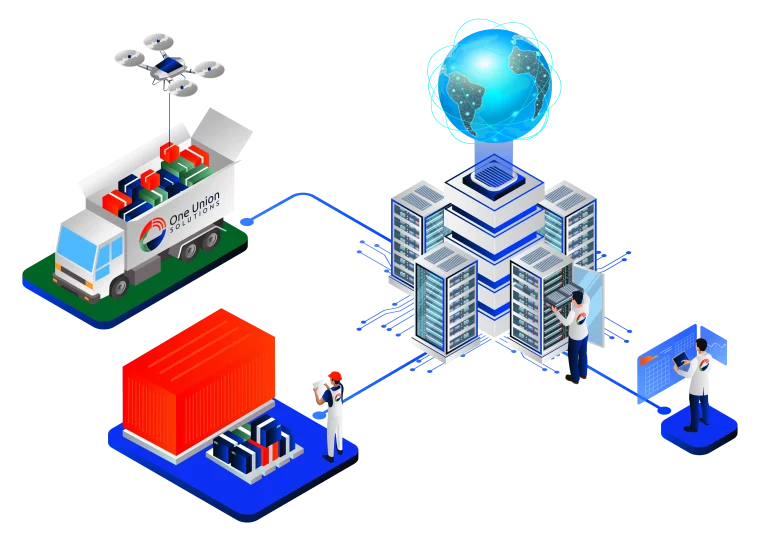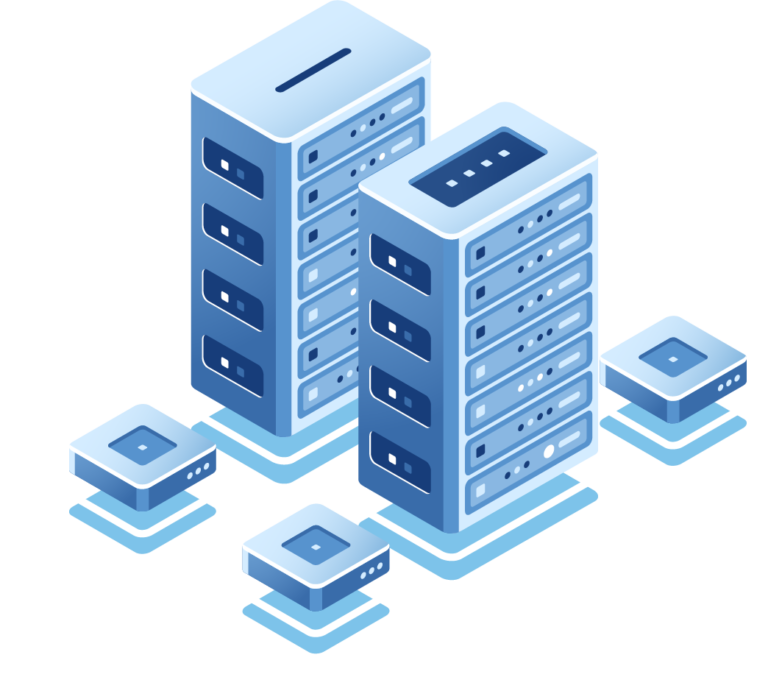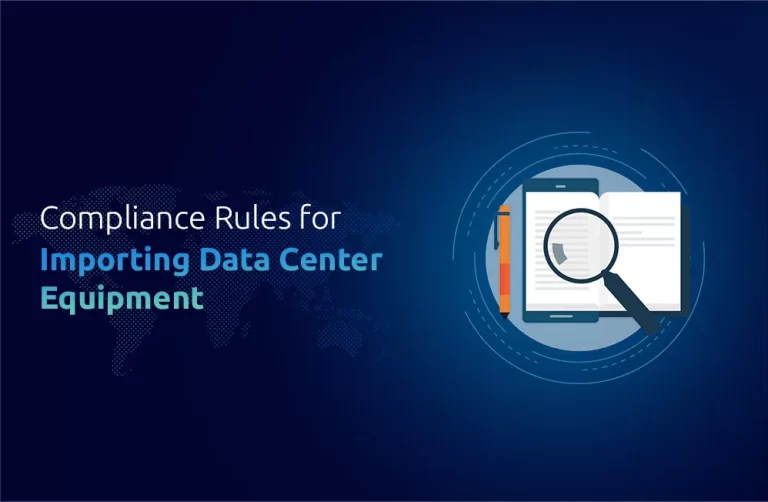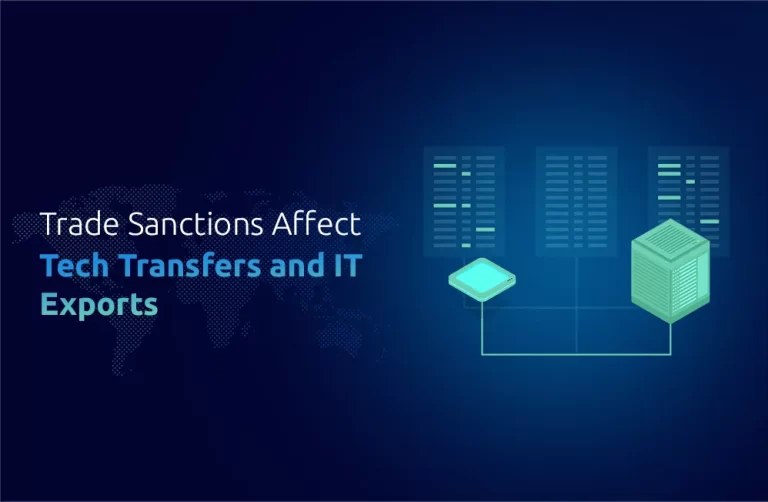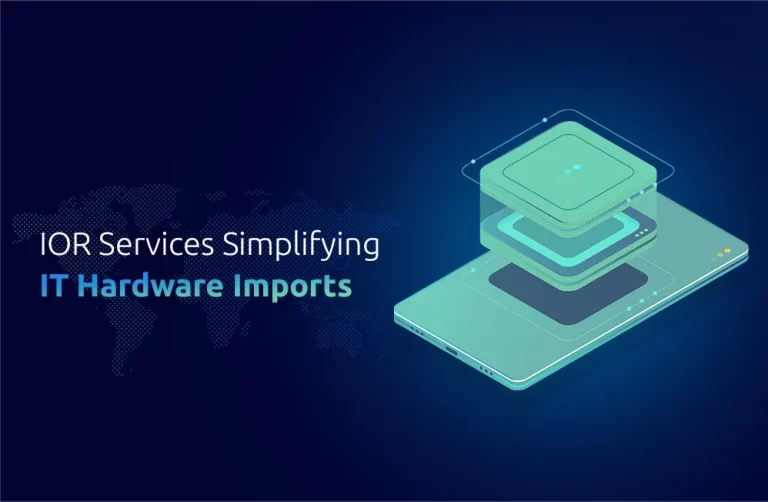Key Features of IOR Services in Nigeria
IOR services in Nigeria offer key features that streamline the importation process for businesses. Businesses that confirm approval with trade preferences such as the Generalized System of Preferences (GSP) can benefit from lower tariffs on eligible goods. Efficient customs clearance is another important factor, with IOR providers verifying compliance with Harmonized System codes (HS codes) and obtaining relevant certificates to avoid delays. Additionally, accurate payment of HTS Harmonized Tariff duties and other levies is managed to facilitate hassle-free importation. Providing end-to-end support, IOR services handle everything from managing import permits to ensuring smooth delivery under terms like DAP (Delivered at Place) or DAPS (Delivered at Place Signed).
Why One Union Solutions for IOR Services in Nigeria?
At One Union Solutions, we specialize in delivering comprehensive importer of record services tailored to your industry. Our team ensures quick clearance, compliance with Nigerian HS Code requirements, and smooth delivery under agreed terms like DAP or DAPS. Whether you’re navigating trade preferences under the Generalized System of Preferences or managing duties under the HTS Harmonized Tariff, we are your trusted partner.
Your Trusted Partner for Exporter of Record Services in Nigeria
However, One Union Solutions isn’t just an IOR for IT and tech deployments; we’re also an Exporter of Record Service that takes care of everything you need for easy international shipping, including real-time tracking and visibility into the progress of your exports. Ensuring compliance with Nigerian customs regulations and requirements is our responsibility to ensure a smooth export process.
Shipping IT & Telecom Equipment to Nigeria’s Diverse Industries
Providing Importer of Record service to various industries in Nigeria, One Union Solutions understands the intricacies of bringing IT and telecom equipment into the country.
Tech industry:
In Nigeria, the technology industry is growing fast, and IT and telecom equipment are in high demand. We make sure NITDA regulations, and other relevant bodies, are followed to ensure smooth operations. Additionally, we help you navigate Nigeria’s trade rules and tariffs if you’re importing IT and telecom equipment. Experts on our team understand Nigerian customs regulations and incoterms to help make sure your shipments arrive on time. With our help, you can import your equipment easily, making sure it meets all certifications and standards required by the Nigerian market.
Medical industry:
Imported equipment plays an important role in Nigeria’s healthcare industry. For medical equipment imports, our IOR services help you get the right certifications and approvals. Regulatory agencies like NAFDAC regulate the industry, and the government invests in healthcare infrastructure. With more Nigerians seeking medical treatment in the country, there’s more demand for high-quality medical devices and equipment. Our IOR services help our clients navigate the complexities of medical equipment importation, including the HS Code, customs regulations, and duties so that their supply chains are smooth and efficient.
Automotive Industry:
Nigeria’s automotive industries are growing and need specialized knowledge of importing parts and equipment. Although the Nigerian Automotive Industry Development Plan (NAIDP) aims to support industry growth, there are challenges like a lack of domestic parts production and high import costs. Nigeria’s Standards Organization (SON) oversees the industry, and our IOR services make sure it’s compliant. In addition, we do customs clearance, taxes, and duty payments so you don’t have to worry.
Aviation industry
The Nigerian aviation industry has grown significantly in recent years, making IT and telecom equipment more in demand. Having IOR services ensures clients in this industry comply with strict regulations from the Nigerian Civil Aviation Authority (NCAA) and other authorities. Importing products is easy when we help clients with customs regulations, certification requirements, and tax and duty payments. We also make sure our clients meet NCAA safety and security standards by handling sensitive aircraft equipment.
DID YOU KNOW?
In 2021, imports of vehicles reached around $2.3 billion, with 60% being passenger cars.

